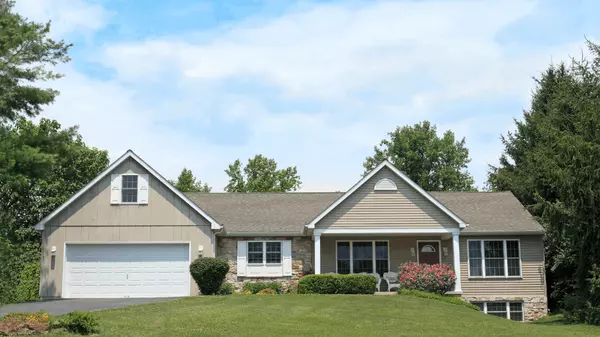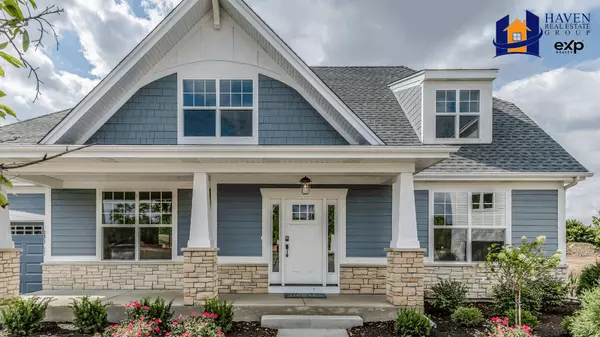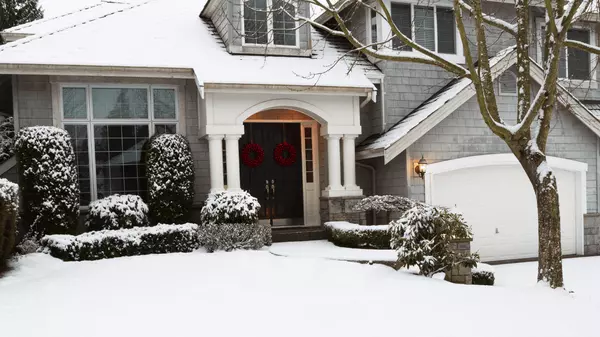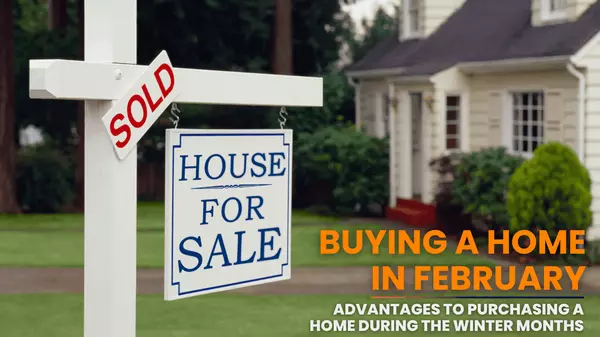
Today’s Biggest Housing Market Myths: Debunked
The housing market can be a confusing place, especially with so many myths and misconceptions floating around. Whether you're a first-time homebuyer or an experienced investor in the Manhattan, Kansas area, it's crucial to separate fact from fiction. Today, we’re breaking down some of the most co

Mortgage Trends in Manhattan, KS: What You Need to Know
If you're thinking about buying or selling a home in the Manhattan, Kansas area, mortgage rates are likely top of mind. That's because these rates directly impact how much you can afford in your monthly mortgage payment, which is a crucial factor in your planning. Here's what you need to know. Wh

The Myth of Millennial Homeownership: Can They Really Not Afford Homes?
The narrative that millennials cannot afford homes has become a popular talking point in recent years. The reasons often cited include skyrocketing home prices, crippling student loan debt, and a job market that hasn't fully recovered from the Great Recession. But is it really true that millennial
Categories
Recent Posts










